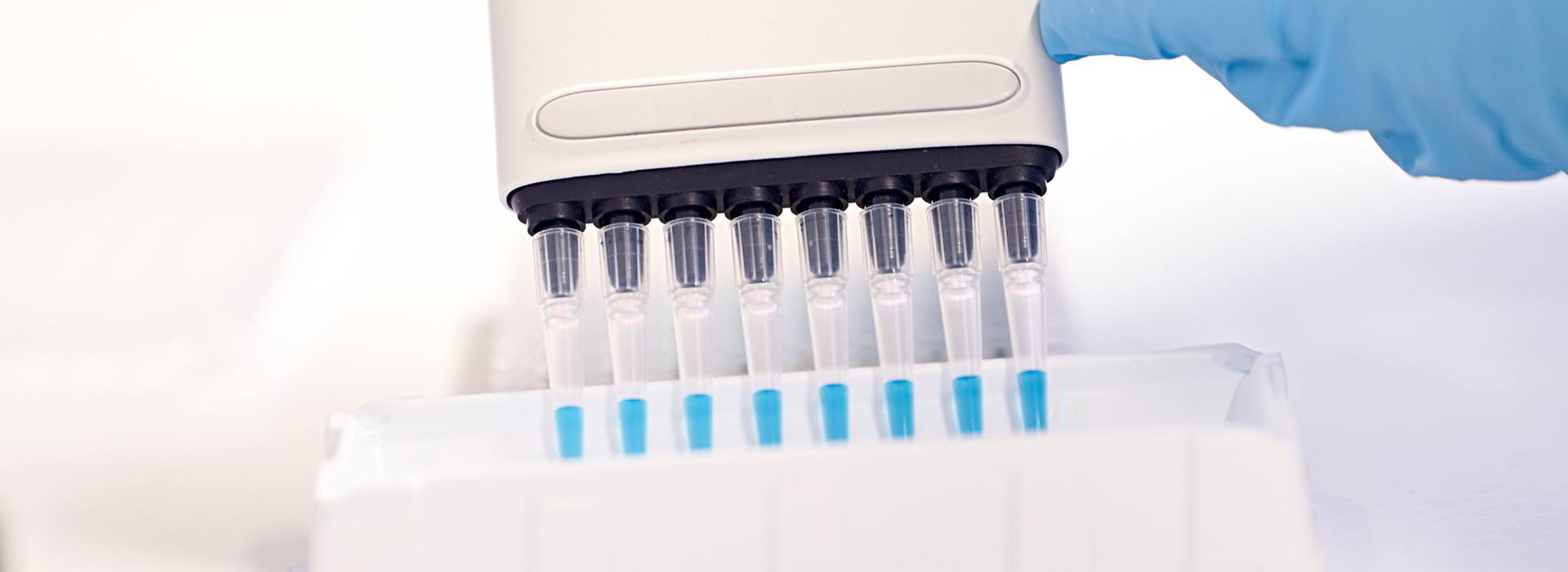
Arrhythmia
Arrhythmia, also known as cardiac dysrhythmia or irregular heartbeat, is a condition in which the heartbeat is irregular; too fast, or too slow. A heartbeat that is too fast, above 100 beats per minute in adults – is called tachycardia and a heartbeat that is too slow, below 60 beats per minute – is called bradycardia (https://www.heart.org).
Most CVD deaths are caused by cardiac arrhythmias leading to sudden cardiac arrest. Current cardiac rhythm management is effective and includes anti-arrhythmic drugs and the use of device-based therapies such as implantable cardioverter-defibrillators (ICDs). The introduction of treatment with ICDs in cardiovascular disease has proved lifesaving. However, current criteria lack the desired sensitivity and specificity for proper patient selection, as does the electrocardiogram (ECG) and existing cardiac biomarkers.
Arrhythmias affect more than 30 million people around the world. Arrhythmias may occur at any age but are more common among older people where the prevalence may by over 20%.
References:
- Mark E. Anderson, Editorial: Will Secretoneurin Be the Next Big Thing? J Am Coll Cardiol 2015,65
- Ottesen et.al, Secretoneurin is a novel prognostic cardiovascular biomarker associated with cardiomyocyte calcium handling. J Am Coll Cardiol 2015 Feb 3;65(4):339-351
- Røsjø et.al, on behalf of the FINNSEPSIS and FINNALI Study Groups. Prognostic Value of Secretoneurin in Critically Ill Patients with Infections. Crit Care Med 2016 Oct;44(10):1882-90
- Myhre et.al, Prognostic Value of Secretoneurin in Patients with Acute Respiratory Failure: Data from the FINNALI Study. Clin Chem 2016 Oct;62(10):1380-89
- Røsjø et al, for the ALBIOS Biomarkers Study Investigators. Prognostic Value of Secretoneurin in Patients with Severe Sepsis and Septic Shock: Data from the Albumin Italian Outcome Sepsis Study. Crit Care Med 2018
- Røsjø et al, GISSI-HF study. Circulating secretoneurin concentrations provide independent prognostic information to established risk indices in patients with chronic heart failure. Eur Heart J, Volume 43, Issue Supplement_2, October 2022
- Omland, Interview, Clinical Laboratory International, October 2022
- Omland et.al. Prognostic Value Of Circulating Secretoneurin Concentrations In Patients With Cardiogenic Shock: The Cardshock Study. Poster presented at American College of Cardiology, New Orleans, March 4-6, 2023.
